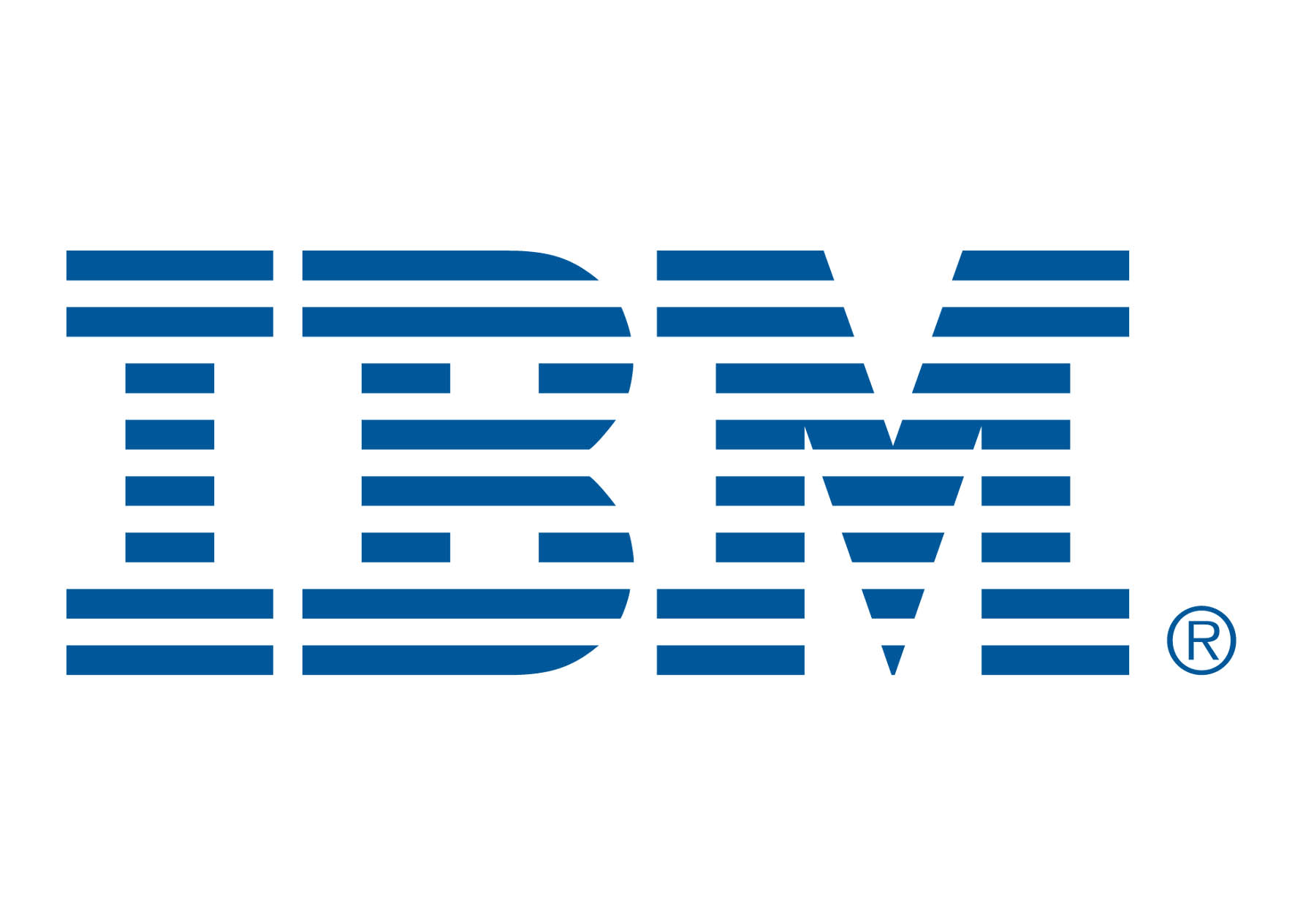This article is proudly sponsored by Lake Region State College!
Jim Chanos’ Big Shorts: Why He’s Betting Against Equinix, IBM, and Carvana in 2025
Famed short-seller Jim Chanos–known for high-conviction shorts like Enron and Tesla (and currently Carvana and IBM–don’t you worry, see the bonus section at the end)–has publicly revealed a massive short theme on an industry that pretty much everyone and their grandmother’s grandmother are currently long on: legacy data center REITs like Equinix (EQIX) and Digital Realty Trust (DLR). He calls this “our big short” and describes the business model as “one of the worst I’ve ever seen.”
What’s the Thesis?
Chanos believes traditional data center companies are facing an existential threat. Their largest customers–cloud hyperscalers like Amazon Web Services, Google Cloud, and Microsoft Azure–are increasingly building their own infrastructure. These cloud giants are both clients and competitors, undermining the long-term viability of third-party colocation services.
Combined with:
- high capital expenditure requirements,
- reliance on long-term leases,
- and sticky interest rates squeezing financing costs,
…Chanos sees an unsustainable setup.

Chanos’ Shorts
- Equinix (EQIX) – Chanos says it’s the poster-child of this structural problem.
- Digital Realty Trust (DLR) – A top holding in data center ETFs, also directly named.
Why It Matters
Investors have rushed back into data center stocks on the belief that AI infrastructure demand will drive exponential growth. But Chanos warns this boom is likely to benefit cloud owners, not real estate landlords. His thesis: AI commoditizes what colocation REITs try to monetize.
Final Take on Chanos’ Data Center Shorts
Chanos’s short isn’t a tactical trade–it’s a structural bet that AI and hyperscaler dominance and infrastructure independence will render legacy data center REITs obsolete. Investors long these names may want to reassess exposure and consider the risk of margin compression, capex drain, and intermediate-long-term tenant disintermediation.
Why Jim Chanos Is Short Carvana (CVNA)
Chanos has been vocally bearish on Carvana, calling it a “subprime auto lender masquerading as a used car dealer.” His core thesis centers on:
- Unsustainable unit economics: Carvana loses money on many of its sales, especially when factoring in financing and logistics costs.
- Capital structure risk: Heavy debt loads and rising interest rates pressure its ability to roll over or refinance debt.
- Used car market deterioration: Falling used car prices and tightening credit standards could cause a demand cliff.
- Tech façade: Chanos argues that Carvana is sold as a “tech disruptor” but is really just a leveraged, low-margin, capital-intensive car dealer.
Bottom line: Carvana, in his view, isn’t innovating–it’s financial engineering with a vending machine.
Bonus: Why Jim Chanos Is Short IBM
Chanos’s short of IBM stems from his broader critique of what he calls “IT body shops.” His IBM thesis includes:
- False AI narrative: While IBM positions itself as an AI leader, Chanos argues it has no proprietary advantage, and that AI commoditizes what IBM charges a premium for.

- Low-quality earnings: IBM relies heavily on financial engineering (e.g., buybacks, spin-offs) rather than true organic growth.
- Negative real growth: Over the past decade, IBM’s revenues and free cash flow have declined, even as it tries to rebrand as a cloud or AI company.
- Labor-intensive consulting model: Like Accenture, IBM’s business model is built on selling time–not scalable tech–putting it at risk from AI automation and cost compression.
Chanos has made it clear: IBM isn’t a tech growth company–it’s a consulting dinosaur in disguise.
DISCLAIMER: This analysis of the aforementioned stock security is in no way to be construed, understood, or seen as formal, professional, or any other form of investment advice. We are simply expressing our opinions regarding a publicly traded entity.
© 2025 MacroHint.com. All rights reserved